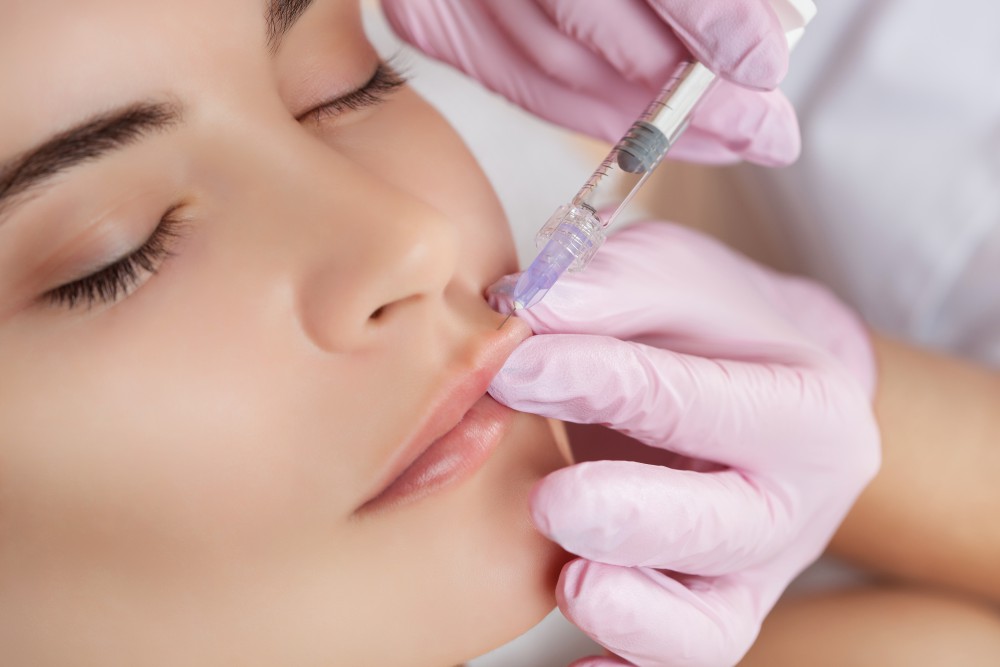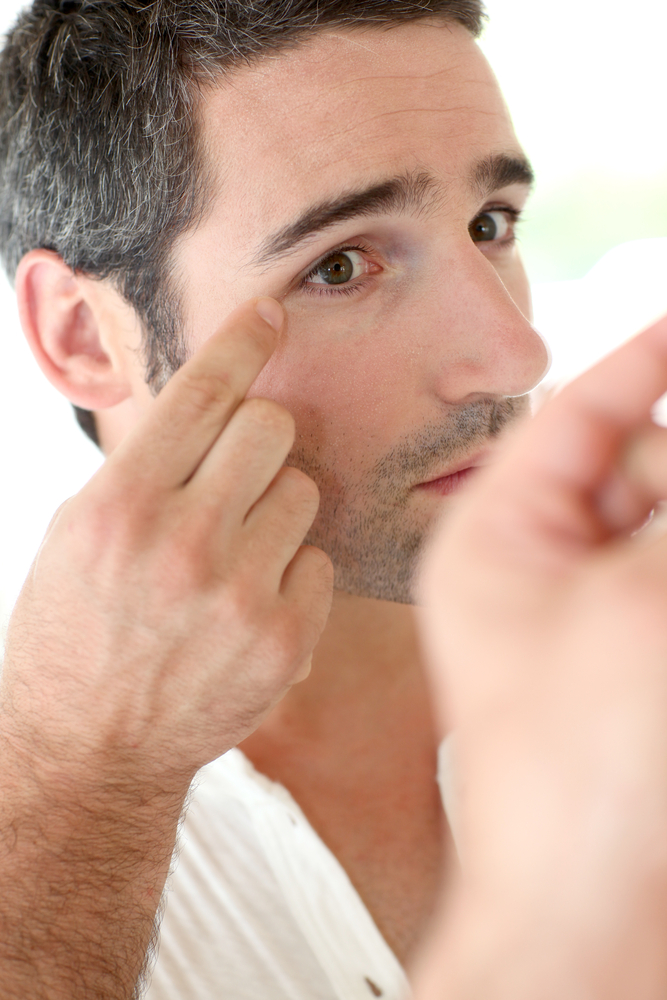We all know that regular exercise is essential for the health of our bodies, but could your fitness routine be having a negative impact on your teeth, gums and jaw? Dr. Rhonda Kalasho of GLO Modern Dentistry in Los Angeles shares the best ways to safeguard your smile whether you prefer running, lifting weights, yoga or a little bit of everything.
If you’ve ever looked in the mirror while exercising, odds are you’ve seen the faces you make when you’re pushing your body to the limit. Strenuous activity doesn’t just engage the muscles doing the work, and it’s natural for muscles of the face and jaw to contract in response to physical exertion. Jaw-clenching or teeth-grinding are often a side effect of high-intensity exercise, and these can lead to fractures and chips in natural teeth as well as veneers, crowns and implants. Over time, excess stress on the jaw muscles can also cause pain and headaches.
A mouthguard is imperative for protecting natural and enhanced teeth when playing any contact sport, but you may want to consider extra oral protection while working out solo. A custom-made appliance can keep the jaw supported and aligned, in addition to absorbing some of the pressure placed on the teeth. These mouthguards are similar to the nightguards dentists often recommend for grinders, clenchers and patients who want to protect their cosmetic dental work. They can be hard, soft or a combination of both materials depending on a patient’s specific issues and physical endeavors.
Many forms of exercise (including yoga and Pilates) emphasize specific breathing techniques, and this can have an impact on your teeth. Mouth-breathing (as opposed to breathing through the nose) reduces saliva, which helps protect the teeth. A shortage of saliva allows bacteria to multiply, in turn increasing the risk of tooth decay. Mouth-breathing is also a major cause of localized gum disease on the front teeth (and bleeding gums while brushing or flossing) and can alter or compromise the health or appearance of existing restorations like veneers or crowns. Be mindful of your breathing while working out and try to use your nose as much as possible. (For nighttime mouth-breathers, a soft nightguard that extends slightly above the gum tissue and occasional use of fluoride trays can help protect the gums and minimize chances of decay on the front teeth.)
Replenishing your body’s hydration levels is essential both during and after exercise. But before you reach for a sports drink, remember that most are filled with sugar and artificial coloring. They are also highly acidic, which can erode enamel and lead to cavities over time. Water is ideal, and those who like their beverages to have a bit of taste can add basil, mint or cucumber for flavor without compromising the teeth.






















